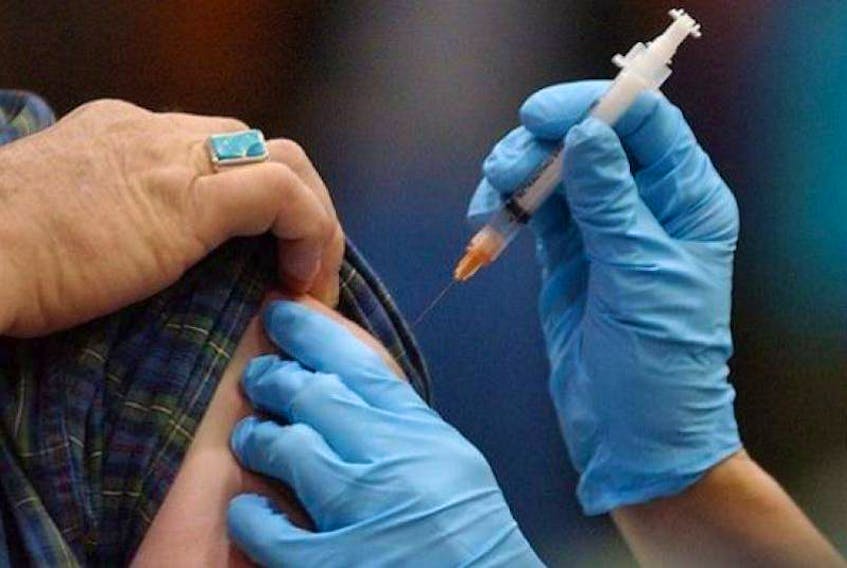AMHERST, N.S. – The flu hasn’t impacted Nova Scotia yet, but the northern zone’s medical officer of health says it won’t be long before numbers here begin to rise.
“There’s usually a pattern in how the flu spreads across the country. Usually it starts out west and makes its way east,” Dr. Ryan Sommers said. “We’re seeing that again this year. With the numbers the way they are in New Brunswick, it won’t be long before we see our numbers rise in Nova Scotia.”
As of the end of December there have only been 32 confirmed cases of the flu in Nova Scotia, none of those in the northern zone that includes Cumberland, Colchester, Pictou and East Hants. Next door, in New Brunswick, the numbers are much higher with 579 cases of influenza confirmed as of Dec. 29 – including 71 hospitalizations and three deaths. Last year, at that time, there were just 207 cases.
Sommers said the predominant strain this year is the H1N1 strain that hits younger people harder, but he said, this year’s influenza vaccine matches up well again that particular strain of the flu.
Last year, the vaccine didn’t have the same level of effectiveness against the predominant flu strain, the H3N2 that tended to impact seniors more commonly and resulted in more hospitalizations than normal.
Sommers said it’s not too late to get vaccinated in Nova Scotia. He said getting a vaccination is as easy as going to a pharmacist, family doctor or other primary health care provider. The vaccination is free for all Nova Scotians and is highly recommended for those in high risk groups as well as their family members and other emergency providers including those in health care, law enforcement and fire services.
While a flu shot is not a guarantee the recipient won’t catch the flu, being vaccinated does a lot to prevent it. If you get the flu after getting the vaccination, chances are the flu won’t be as severe as it would be for someone who doesn’t get the flu.
“It’s a good match this year,” Sommers said. “The H1N1 strain is the predominant strain this year and that’s what’s in the vaccine.”
Sommers said the biggest thing people can do to avoid the flu is to practice safe hygiene, including frequent hand washing and staying home from work when fighting the flu.
Amherst naturopathic doctor Mark Rudderham said avoiding the flu and restricting its spread is about common sense.
“It’s really a universal message and that’s one of personal hygiene,” Rudderham said. “The best advice I can give to people is the same as everyone else in the health care field, wash your hands and keep your fingers out of places they don’t belong.”
Often, Rudderham said, people will cover the mouth with their hands when coughing or touching surfaces that have been infected by someone who has the flu. Then, they will stick their fingers in their mouth or rub their eyes.
“Once the virus gets on the mucosa it’s in your body and you could be infected with the flu virus,” Rudderham said. “
Twitter: @ADNdarrell








